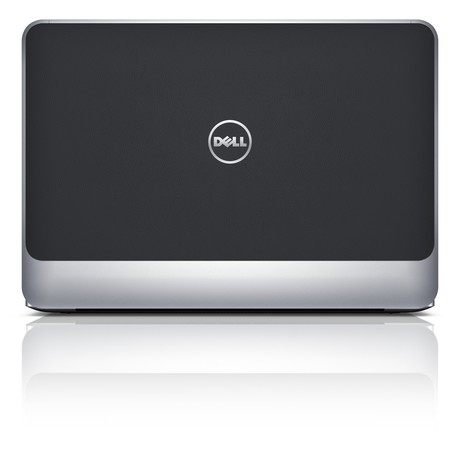Largest cyberattack ever; Dell in three-way buyout bidding war; Telecom NZ reveals UFB plans

The internet experienced what many have called the largest cyberattack in history last week, apparently interrupting the internet services of millions of ordinary internet users, particularly those in Europe.
The interruptions are thought to be the result of a clash between a group fighting spam, Spamhaus, and a Dutch webhosting company, Cyberbunker.
Spamhaus provides anti-spam blacklists and whitelists which are used by ISPs and other organisations around the world to reduce incoming spam.
The organisation recently added Cyberbunker to its blacklist, saying the webhost facilitated spam campaigns.
Following the move, Spamhaus was subjected to a DNS-based distributed denial of service (DDoS) attack which reached a data stream of 300 billion bits per second (300 Gbps).
Sven Olaf Kamphuis, spokesperson for Cyberbunker, was reported as saying his organisation was retaliating against Spamhaus for “abusing their influence”.
“Nobody ever deputised Spamhaus to determine what goes and does not go on the internet,” Kamphuis reportedly said.
However, in an interview with RT.com, Kamphuis denied that Cyberbunker was behind the attack, saying Stophaus.com, a global collective of internet providers, was responsible.
Dell buyout heats up
Michael Dell’s plan to buy out the company he founded almost 30 years ago faces fresh opposition, after two parties revealed competing bids last week.
Michael Dell intends on taking the company private, away from the scrutiny of public shareholders, where he hopes to turn the company’s fortunes around, including a refocusing on enterprise solutions.
He is offering US$13.65 a share for the company.
Now, financial services company Blackstone has launched a rival bid. The company hasn’t specified a price but said it will be higher than Michael Dell’s US$13.65 per share but lower than US$15 per share.
Blackstone reportedly does not have bank financing as yet, but has lenders on standby. It could also finance the deal by selling a piece of Dell’s business.
Carl Icahn, a billionaire investor and a Dell shareholder, is said to have also launched a bid. Icahn is offering US$15 per share for 58% of the company and would allow some existing stockholders to hold on to their shares.
Both Blackstone and Icahn are considering a ‘public stub’ buyout, which would leave some percentage of the company as publicly traded.
If either the Blackstone or Icahn deals go through, Michael Dell may be ousted as Dell’s CEO.
Some reports suggest Blackstone has approached Oracle president Mark Hurd about running Dell, should its bid prevail.
And in an odd twist, one of Dell’s ex-employees - Dave Johnson, once a senior VP at the company - is leading Blackstone’s bid. Johnson and Michael Dell were once close, but Johnson’s resignation to join Blackstone in January left Dell alienated, sources say.
Telecom NZ UFB plans
Telecom New Zealand has announced the retail pricing of its Ultra-Fast Broadband (UFB) network. The UFB is a national network of a similar nature to Australia’s NBN and is funded by both government and the private sector.
The UFB’s Ultra Fibre 30 plans offer a 30 Mbps downlink/10 Mbps uplink service, while the Ultra Fibre 100 plans offer a 100 Mbps/50 Mbps connection.
Ultra Fibre 30 options include NZ$95 per month for 50 GB of traffic, NZ$109 for 150 GB and NZ$129 for 500 GB.
Ultra Fibre 100 plans include NZ$125 per month for 50 GB, NZ$139 for 150 GB and NZ$159 for 500 GB.
Plans for businesses and schools are also available.
Australia's biggest cyber breaches aren't hacks, they're access failures
The largest cyber breaches have rarely been sophisticated and were often preventable.
Cyber lessons from 2025: why human risk will define 2026
Success in 2026 will come from building security into the rhythm of business, where technology,...
2026 will be the year identity defines cyber defence
2025 gave us an initial look at what happens when AI scales faster than identity controls.




